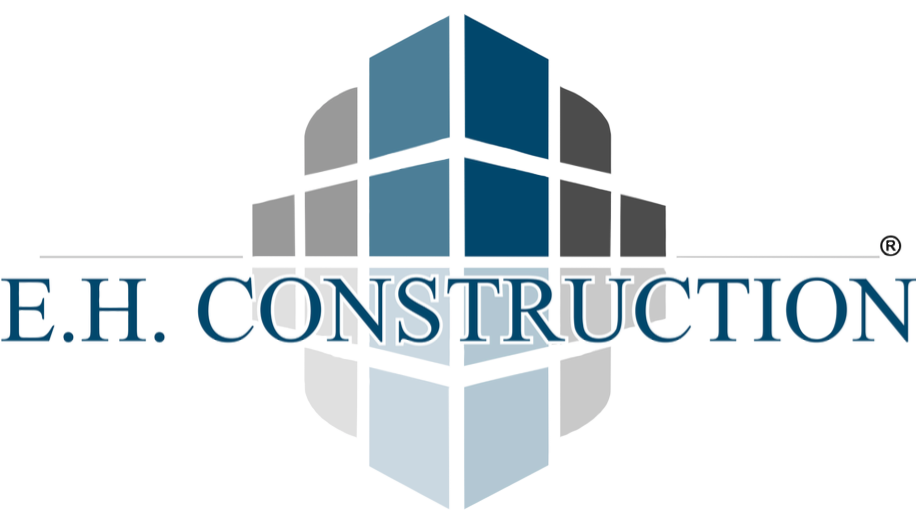Is It Better to Renovate or Move? What to Consider
Ah, the age-old question: Should you renovate your home or pack up and start fresh somewhere new? It’s a tough decision, and both options come with their own set of thrills and headaches. Whether you’re dreaming of a shiny new kitchen, a bigger backyard, or just more storage space (seriously, where do all these shoes come from?), you’ll want to weigh your options carefully.
So, let’s break it down—construction style.
1. The Emotional Factor: Are You Ready to Say Goodbye?
First things first—how attached are you to your current home? If the idea of leaving behind years of memories, your favorite coffee shop, and your construction site-level home projects makes you emotional, renovation might be the way to go.
On the other hand, if your house is feeling more like a “money pit” than a home, a fresh start with a new floor plan could be your best bet.
2. The Budget Breakdown: Is It Cheaper to Renovate or Move?
Let’s talk numbers. If your current house has a solid foundation, good framing, and decent bones, a renovation might be more cost-effective. But if your home needs major repairs—think expansive soils causing cracks in your walls, a crumbling footer (footing), or outdated forced air heating/cooling—you might be throwing good money after bad.
Renovation Costs to Consider:
Labor & materials (general contractor, home builders, construction workers)
Permits & inspections
Hidden costs (Oh look! A change order… again.)
Temporary housing if the work is extensive
Moving Costs to Consider:
Selling your home (agent commissions, repairs, staging)
Moving expenses (backhoe rental if you're REALLY serious about packing)
Closing costs on a new home
Possible higher mortgage rates
A solid bid from a reputable construction company can help you compare costs accurately. If the cost to build a house from scratch is cheaper than gutting your current place, moving might be the better option.
3. Does Your Current House Have "Good Bones"?
Some homes are worth saving; others… not so much. If your home was built with quality materials—think glulam (glued laminated beams), strong grade wood, and fire-resistant fascia—a renovation could add years (and value) to your home.
But if you're dealing with outdated electrical, a failing roof, or serious structural issues, even the best custom home builders might suggest cutting your losses.
4. Space & Functionality: Can a Renovation Give You What You Need?
If your biggest issue is space, adding square footage with a building construction project could be an option. A passive house design, open concept floor plan, or even adding a second story could transform your current home.
But if your lot size is limiting or zoning laws won’t allow major changes, moving to a new home might be the only way to get what you want.
5. Energy Efficiency & Modern Upgrades
Older homes can be upgraded with green building techniques, damp proofing, and better insulation (felt underlayment, fire-resistive materials, etc.), but at what cost?
If your current home lacks modern conveniences and updating it requires rewiring, replacing all plumbing, and overhauling HVAC, a newer home with built-in efficiency might save you money in the long run.
6. The Permits & Paperwork Nightmare
Renovations can sometimes take just as long as moving because of—you guessed it—permits. The more extensive the work (flatwork, frieze board replacements, flashing updates, etc.), the more you’ll be dealing with local building departments.
If you live in an older home with zoning restrictions, getting approval for renovations might be a bigger headache than just packing up. This is where a construction contractor with BIM (Building Information Modeling) expertise can help you visualize and navigate the process.
7. The Timeline: How Much Disruption Can You Handle?
Living in a construction site for months isn’t everyone’s idea of fun. If you have a big family, pets, or work from home, dealing with constant noise, dust, and unexpected delays (daily report: “Still waiting on materials... again.”) might not be worth it.
Moving has its own timeline challenges, but at least you can control the process better.
So... What’s the Verdict?
You Should Renovate If:
✅ You love your neighborhood and don’t want to move
✅ The home has a solid structure (foundation, grade, framing)
✅ A remodel can give you the space and updates you need
✅ Moving would be significantly more expensive
You Should Move If:
✅ Your home needs major repairs (footer issues, outdated plumbing, etc.)
✅ Renovation costs approach or exceed the cost to build a house
✅ You need more space but can’t expand on your current lot
✅ The idea of a fresh start excites you more than construction dust
Final Thoughts: Call the Experts
Still on the fence? A consultation with a general contractor or home builders can help you determine whether your house is a good candidate for renovation. Whether you go for a remodel or a brand-new home, having the right team (custom home builders, L&T construction experts, or a solid construction company) will make all the difference.
And remember—whether you renovate or move, there will always be a little bit of chaos. But with the right planning (CAD, blueprints, cost analysis), you'll be one step closer to the home of your dreams.
So, what’s your move? 🏡🔨

